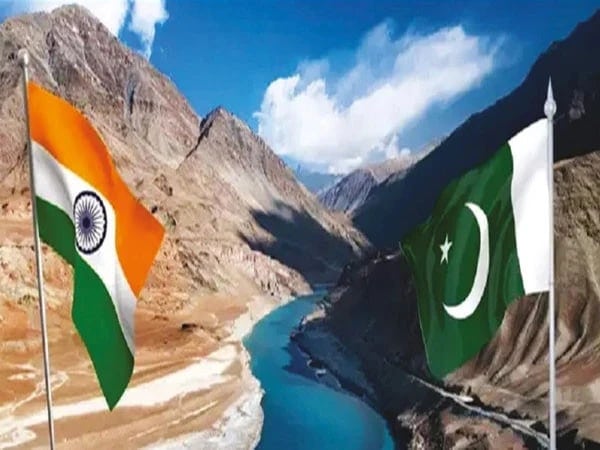The Arbitration court has ruled in favour of Pakistan regarding the Indus Waters Treaty (IWT), rejecting India’s demands to unilaterally suspend the treaty and limit the court’s authority in the matter.
The decision stated that the court thoroughly examined the treaty and found no provision allowing any party to suspend it unilaterally. The Indus Waters Treaty remains in effect unless both Pakistan and India mutually agree to suspend it.
The court emphasized that its role in interpreting and resolving disputes under the treaty is vital, and India’s attempt to suspend the agreement does not diminish the court’s authority or decision-making capacity.
The ruling further asserted that a unilateral decision by any party to halt the treaty does not stop the court’s proceedings, and the court will continue adjudicating matters under the treaty.
It was clarified that no party, including India, has the right to unilaterally block arbitration proceedings under the treaty. Any effort to obstruct the mediator’s role violates the binding clause for dispute resolution embedded in the treaty.
In light of these findings, the court concluded that India does not have the legal right to unilaterally halt arbitration under the Indus Waters Treaty.
The court reiterated that it will continue playing its responsible, impartial, and effective role in resolving disputes related to the treaty.
Pakistan welcomed the decision by the Arbitration Court under the Permanent Court of Arbitration, as it upheld Pakistan’s position and deemed India’s unilateral suspension of the treaty illegal.
Prime Minister Shehbaz Sharif reaffirmed Pakistan’s commitment to meaningful dialogue with India on all outstanding issues, including Jammu and Kashmir, water disputes, trade, and terrorism.
It is worth noting that Pakistan first approached the Arbitration Court in 2016 to challenge India’s construction of water reservoirs on western rivers, which Pakistan considers a violation of the treaty. India, in response, requested a neutral expert, but arbitration proceedings were already underway.
India later urged the court to suspend the proceedings, citing its unilateral suspension of the treaty—an appeal that was rejected by the court in its latest ruling.














